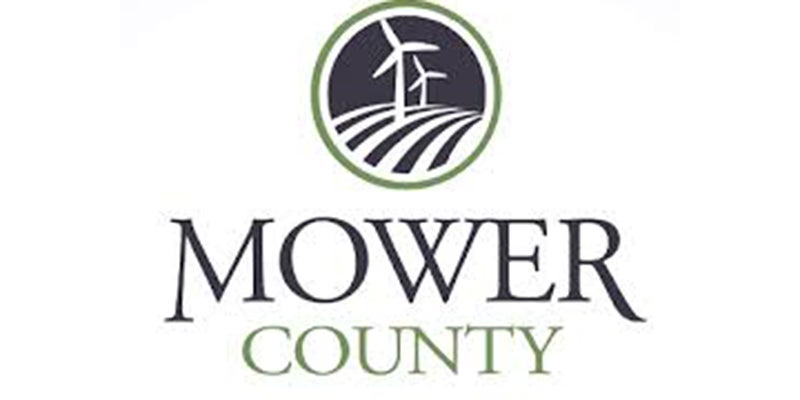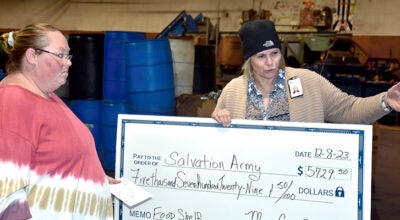Dayton sales tax plan may boost Austin funds
Published 10:50 am Tuesday, February 5, 2013
The city of Austin could gain hundreds of thousands of dollars in local tax revenue under Gov. Mark Dayton’s budget proposal for 2014 and 2015 — assuming legislators pass Dayton’s budget as is.
A report from the Minnesota House of Representatives Research Department shows Austin’s local sales tax revenue could increase by an average of 62.5 percent, or an extra $1 million a year, under Dayton’s proposed changes to the state tax structure, which includes adding a sales tax to services like haircuts, tattoos, clothing and legal bills, among other changes.
Yet the estimate from the House Research Department and Minnesota’s Department of Revenue assumes all of Dayton’s plan will pass the state’s House and Senate, something city officials don’t see happening. What’s more, Austin’s percentage increase in local sales tax revenue could differ from the state average 62.5 percent increase marked in Dayton’s proposal, as revenue collected varies from city to city, depending on how well the local economy does compared to the state average.
“It’s likely to be very, very, very different from that in the end, so we don’t get too excited over that,” City Administrator Jim Hurm said.
Since 2007, Austin has benefited from a .5 percent local option sales tax that piggybacks on state sales tax collections, which the city uses to fund flood mitigation projects. The city collects anywhere between $1.2 and $1.4 million from local sales tax annually. City officials have used those funds to buy properties close to the Cedar River and other flood plain areas as part of the flood mitigation project, said Finance Director Tom Dankert.
“It’s probably paid for half of those flood acquisition costs with grants paying for the other half,” Dankert said.
The city has about $4.5 million in local sales tax funding as of December 2012, which Dankert said will be used when the city moves forward on Cedar River mitigation projects later this year. The city hopes to put the project to bid by September in order to keep a $5 million Economic Development Administration grant city officials have already secured. Dankert estimates the project will cost $8 to $10 million.




